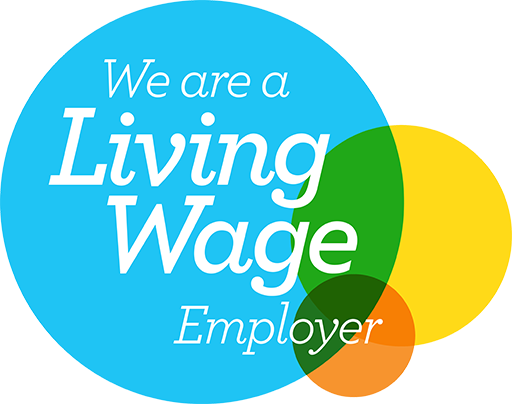There is a common misconception that charities don’t pay tax of any kind – that’s not true!
If your organisation is a charity, it may qualify for a number of tax exemptions and reliefs; to claim these you’ll need to apply to Her Majesty’s Revenue & Customs (HMRC) for recognition as a charity for tax purposes.
VAT
Unlike a commercial operation which generates income through the actual provision and sale of goods or services, a voluntary organisation or charity has a complex variety of income sources.
If your organisation has business activities, the VAT rules apply just as they do for any other business. You may, however, qualify for certain VAT reliefs and exemptions so it’s important to consider your VAT position and if it’s either necessary or beneficial (or both), to register for VAT purposes.
An organisation must register for VAT if the organisations develops trading activity surpasses the HRMC set income threshold. The current threshold is £90,000 for the 2024 trading period. You will be able to find the most up to date threshold here:
HRMC has a dedicated section of its website for Charities dealing with VAT which can be accessed here:
https://www.gov.uk/guidance/how-vat-affects-charities-notice-7011#charities
Corporation Tax
Limited companies and unincorporated organisations are liable for Corporation Tax on their profits, however organisation registered as a charity are generally exempt via number of tax exemptions. A registered charity will only be likely to be liable for Corporation Tax if there is income that is not covered by a relief or exemption. It should be noted that if your organisation is not a registered charity then your organisation will be liable for Corporation Tax, this includes unincorporated organisations, Limited Companies without charitable status and Community Interest Companies.
You can find out more on the HRMC website about Corporation Tax for charities or here for information for non-charities.
Capital Gains Tax
This is a tax on any profit made when an organisation sells an asset that has increased in profit since purchase. You are taxed on the profit generated rather than the full payment. Charities are exempt from Capital Gains Tax however as before any organisation without charitable status will be liable for this tax should an asset be sold. Further information on this can be found here on the HRMC website.


